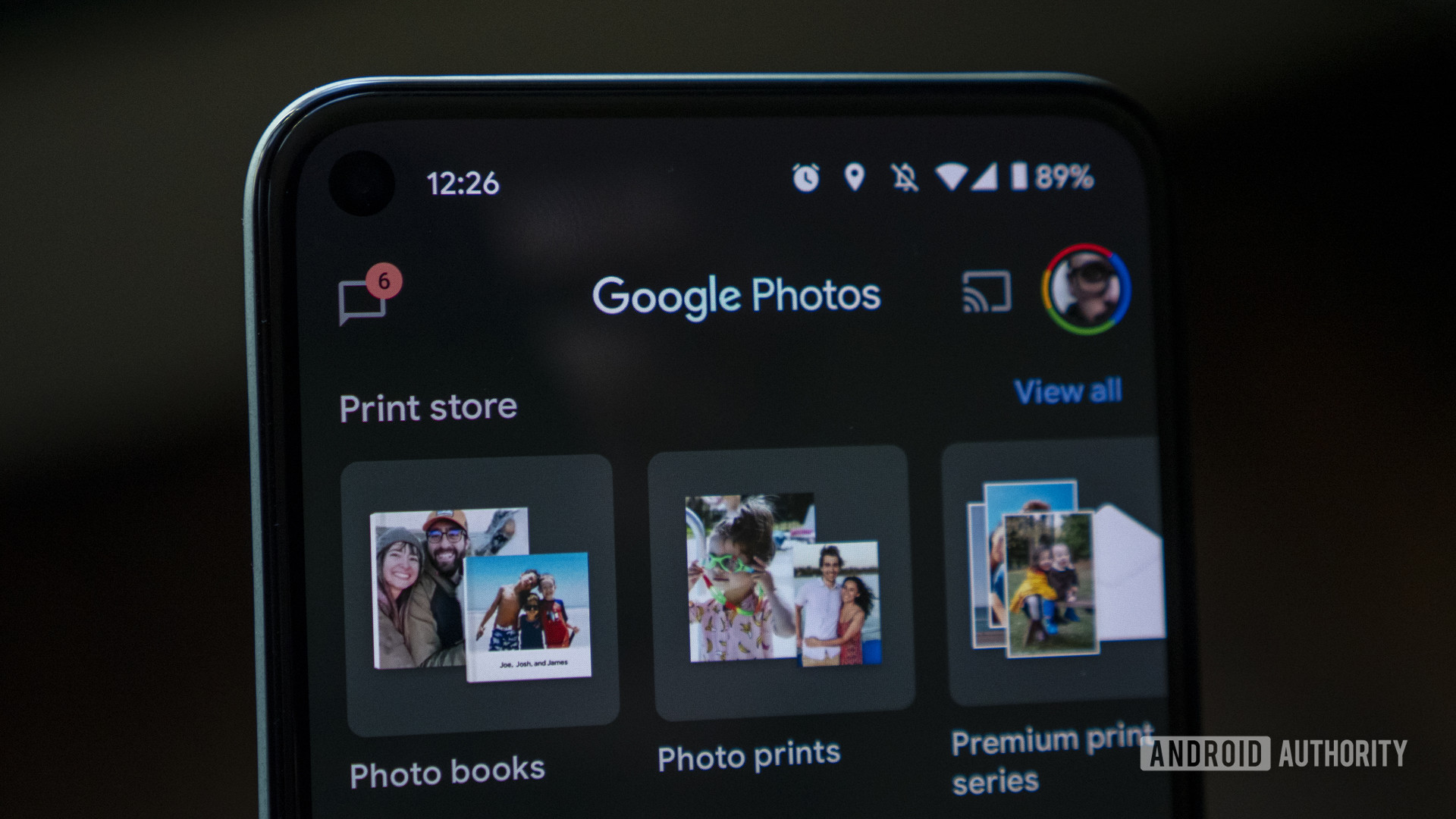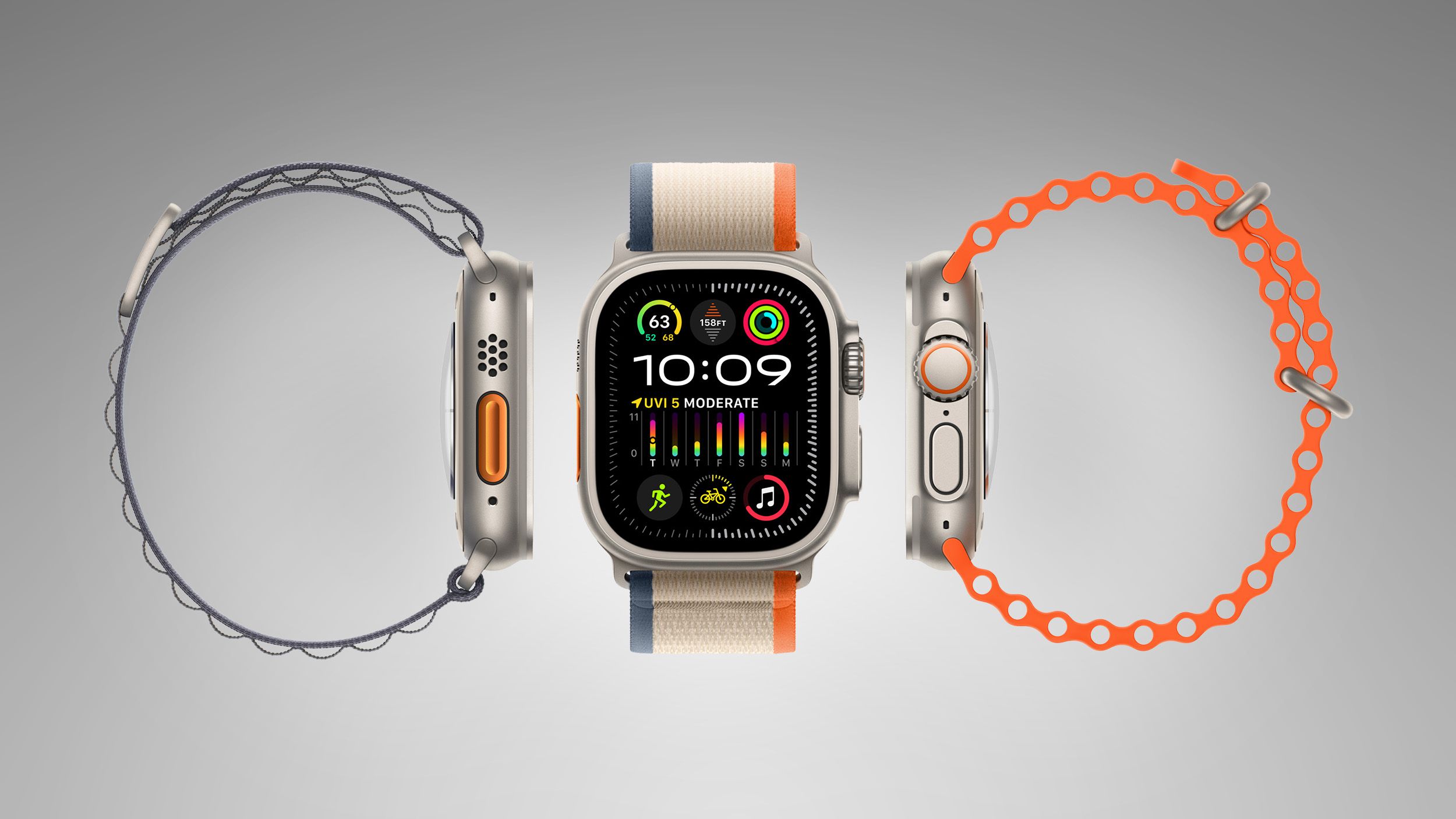How to be Social With Cookieless Tracking Data
Whether you’re scrolling through social media on your phone or working from home on your laptop, your digital devices are collecting your data. Apps and websites use many different components in order to track consumers online behavior, much of this information is then used in marketing products that are specifically related to the consumers interests. Even when online tracking is just being used to market products, it can still feel intimidating knowing that you’re being monitored every time you log on a device, so regulations for data collection are very important.
To detract from the controversy businesses face around tracking their customers, some businesses are beginning to implement cookieless tracking systems. This protects consumers from unwanted online tracking, personal profiling, unsolicited marketing tactics, and nonconsensual data harvesting. These systems also increase the users autonomy and allows for them to be informed of when their data is being collected and what it is being used for.
Autonomy is important when it comes to digital data collecting because, as we all know, not everything you read online is true. This means that there is sometimes data that can be incorrect about a person that is being collected, or there is data that is very private that is being collected. Using data blocking services, customers can correct any inaccurate personal data that is collected and can choose which – if any– aspects of their personal information can be processed.
It can be shocking when you look for recommendations on the best pizza in town and then all of a sudden get hundreds of ads about pizza on your social media. If you value your online privacy and want to protect yourself from these marketing tactics, make sure you are well informed about if the websites you’re visiting are using cookies or if they are making the switch to cookieless tracking data. Learn about data tracking and how to prevent it in the infographic below:

Source: InfoTrust













